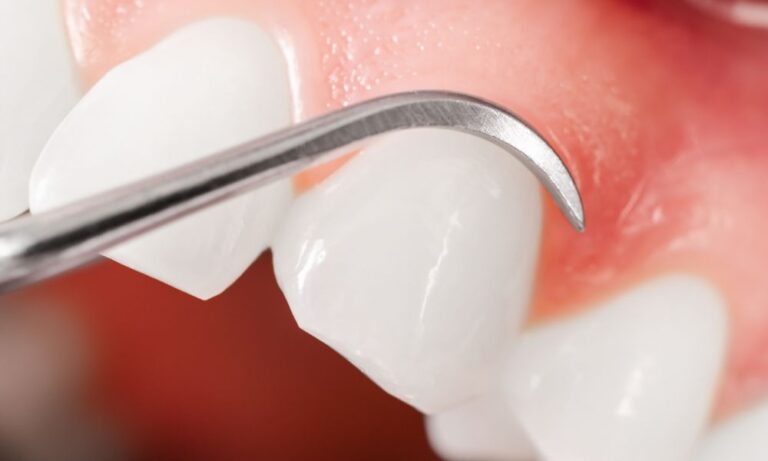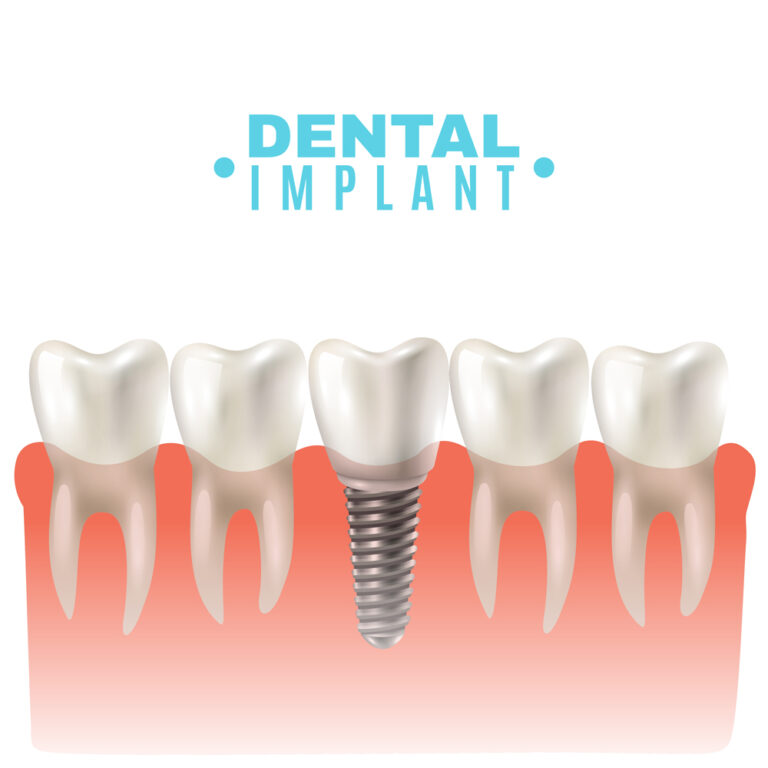Oral Hygiene in Implant Success: Maintenance and Care Tips for Dental Implants
Dental implants have revolutionized the field of restorative and cosmetic dentistry, offering a permanent and natural-looking solution for replacing missing teeth. Owing to their durability, functionality, and esthetics, dental implants have gained immense popularity and are considered the gold standard for tooth replacement. However, just like natural teeth, dental implants also warrant meticulous care and maintenance to ensure their success and longevity.
Dr. Cochran—a specialist in periodontics, implantology, and microsurgery—strives to educate patients about the importance of oral hygiene and appropriate care for dental implants. By taking the necessary preventive measures and maintaining a robust oral hygiene routine, patients can make the best of their investment in dental implants and subsequently enjoy the benefits of a restored smile for many years to come.
This comprehensive guide aims to enlighten patients about the best practices in implant care, focusing on the following aspects:
- The Role of Oral Hygiene in Dental Implant Success: Understanding the importance of maintaining good oral health in ensuring the longevity and functionality of dental implants.
- Implant-Specific Care Techniques: Delving into the best strategies and tools for cleaning and maintaining dental implants to prevent complications like peri-implant diseases.
- Professional Implant Maintenance: Detailing the significance of regular dental check-ups and professional cleanings to monitor the health and success of dental implants.
- Lifestyle Factors That Influence Implant Success: Highlighting the everyday habits that could impact dental implant health, including nutrition, smoking, and grinding or clenching of teeth.
- Identifying and Addressing Potential Implant Problems: Recognizing the telltale signs of complications and seeking prompt treatment to tackle the issue and preserve the dental implant.
By gaining a comprehensive understanding of dental implant maintenance and care, patients can maximize the benefits and longevity of their new smile. Join us as we delve into various strategies and tips to help you maintain a successful, functional, and attractive dental implant, thereby preserving its value and adding to your overall health, confidence, and well-being for years to come.
The Role of Oral Hygiene in Dental Implant Success
Good oral hygiene is integral to the success and longevity of dental implants. Just like natural teeth, dental implants can also be susceptible to bacterial infections that could compromise their stability and functionality. Peri-implant diseases like peri-implant mucositis and peri-implantitis can lead to inflammation, bone loss, and eventual implant failure if not addressed promptly. Practicing good oral hygiene and adhering to an effective implant maintenance routine can help prevent these complications and ensure that dental implants remain a lasting solution for a beautiful and functional smile.
Implant-Specific Care Techniques
Maintaining dental implants demands a diligent oral care regimen that goes beyond the basic brushing and flossing techniques used for natural teeth. Some essential tools and strategies for dental implant maintenance include:
- Soft-Bristle Toothbrush: Using a soft-bristle toothbrush can help protect the implant surface from scratches while effectively removing plaque and debris. An electric toothbrush with a sensitivity setting can also be a suitable option for dental implant care.
- Non-abrasive Toothpaste: Avoid toothpaste containing harsh abrasives or whitening agents, which can damage the dental implant surface and surrounding tissues. Instead, opt for a non-abrasive, fluoride-based toothpaste for gentle yet effective cleaning.
- Interdental Brushes: These tiny brushes can help clean the hard-to-reach areas around abutments and beneath the implant-supported restoration, ensuring comprehensive removal of food debris and plaque.
- Water Flosser: Water flossers, or oral irrigators, can be a highly effective tool for cleaning around dental implants. They use a pressurized stream of water to dislodge plaque and debris from between teeth and in the pockets around dental implants.
- Antimicrobial Mouthwash: Using an antimicrobial mouthwash can help reduce bacterial accumulation around dental implants and control inflammation, especially in areas that can be difficult to reach with a toothbrush or floss.
Professional Implant Maintenance
Regular dental check-ups and professional cleanings are crucial to monitor the health and success of dental implants. During these appointments, your periodontist will evaluate the stability of the implant and the condition of the surrounding tissues. They may perform necessary cleanings using specialized instruments that do not damage the implant surface, remove bacterial buildup, and address any peri-implant disease in its early stages to prevent further complications.
Lifestyle Factors That Influence Implant Success
While maintaining a proper oral care routine is essential, it’s also crucial to understand how certain lifestyle factors can impact the longevity and success of dental implants:
- Nutrition: A well-balanced diet rich in vitamins, minerals, and antioxidants promotes overall health, gum health, and implant success. Limit sugary, acidic, and hard foods that can contribute to plaque buildup and damage the implant restoration.
- Smoking: Smoking impedes blood flow in the gums, which can compromise the healing process and increase the risk of implant failure. Quitting smoking will significantly improve dental implant success and overall oral health.
- Teeth Grinding or Clenching: Chronic teeth grinding or clenching (bruxism) puts excessive pressure on implants and surrounding tissues, which could lead to implant damage or failure. Addressing this issue with the help of your dentist can protect your dental implants and promote their longevity.
Identifying and Addressing Potential Implant Problems
Being vigilant about the condition of your dental implants will enable you to spot potential complications early on. Signs to look out for include:
- Pain or discomfort around the implant site
- Swelling, redness, or bleeding gums
- Persistent bad breath or foul taste
- Loose implant, abutment, or restoration
Seek immediate professional help if you encounter any of these symptoms so that your periodontist can initiate appropriate treatment to resolve the issue and preserve your dental implant.
Conclusion
A beautiful and functional smile with dental implants is an investment in your self-confidence and overall well-being. Sustaining this investment depends on thorough oral hygiene and maintenance practices, regular professional visits, and adopting a healthy lifestyle. By staying committed to these care practices, you can ensure the continued success and longevity of your dental implants, preserving their value and contributing to your long-lasting oral health. Dr. Cochran’s expertise and personalized guidance will support you on this journey toward a durable, dazzling smile.
If you’ve recently had dental implants, it’s important to keep them in top shape for long-lasting results. Dental Specialists of Southern Colorado, Dr. Cochran specializes in dental implant maintenance and care, as well as periodontics, implantology, and microsurgery. Dental Specialists of Southern Colorado is a specialist in the treatment of gum disease, he has the expertise you need to keep your implants healthy and functional for years to come. Don’t compromise your oral health – contact us today to schedule your appointment and experience the difference that Dr. Cochran can make!

 header-logo
header-logo





